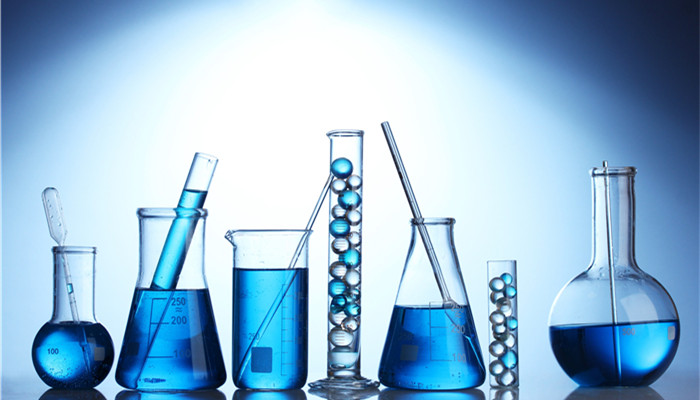
The artificial palm oil track is becoming increasingly popular, and companies from all over the world are accelerating to enter the market.
Palm oil is a tropical woody vegetable oil, mainly squeezed from the palm fruits of oil palm trees. It is an indispensable component in the formulas of food, daily chemicals and other products. At present, the global palm oil market has a huge consumption scale, and the upstream oil palm planting and processing industry has developed rapidly. However, the process of producing palm oil will lead to the deforestation of tropical forests, the destruction of animal habitats and a large amount of carbon emissions. Therefore, Indonesia and Malaysia, the two largest producers of oil palm in the world, currently have annual carbon emissions from their palm plantation land use. The total volume can reach more than 500 million tons.
Huge carbon emissions have brought adverse effects to the global environment. As countries around the world pay more and more attention to carbon emission reduction and environmental protection efforts continue to increase, domestic and foreign companies are seeking alternatives to palm oil. As a result, a new market for artificial palm oil emerged, attracting companies from all over the world. Artificial palm oil refers to a process that abandons the traditional basic setting of using oil palm trees as raw materials and uses new technologies such as synthetic biology and microbial culture to produce palm oil.
According to the “2023-2028 Artificial Palm Oil Industry Market In-depth Research and Investment Prospects Forecast Analysis Report” released by the Industrial Research Center, At present, many companies around the world have deployed artificial palm oil as a new track, and some companies have already produced and applied advanced research results. Specifically, in March 2022, the American company Kiverdi used NASA technology to convert carbon dioxide into palm oil; in June 2022, the Dutch Unilever and the American sustainable biotechnology company (Genomatica) were established to develop clean ingredients for palm oil and fossil fuels The new company of alternatives has attracted the participation of France’s L’Oreal and Japan’s Kao.
In November 2022, the American company C16 Biosciences developed a palm oil substitute made from yeast cells. It is a “palm-free” palm oil. This product is currently on the market and is mainly used in the fields of beauty care and home cleaning. . In addition, Xylome of the United States and Clean Food Group of the United Kingdom are developing artificial palm oil research and development tracks. In the future, as more companies around the world enter the market and accelerate the research and development of related products, artificial palm oil is expected to accelerate the replacement of natural palm oil, and the market development prospects are broad.
Industry Analysts personnel stated that palm oil has become the most consumed and widely used oil in the world. In 2022, global palm oil will be The consumption is close to 80 million tons, and the market consumption is huge, driving the rapid development of the upstream oil palm planting industry. But at the same time, the annual carbon emissions from palm plantation land use reach more than 500 million tons. As countries around the world pay more and more attention to carbon emission reduction, a new track of artificial palm oil has emerged, attracting companies from all over the world to accelerate their entry, and some companies have already achieved advanced research results. In the future, as the research and development process of relevant enterprises continues to accelerate, artificial palm oil will accelerate the replacement of natural palm oil, and the market development potential is huge.

 微信扫一扫打赏
微信扫一扫打赏

